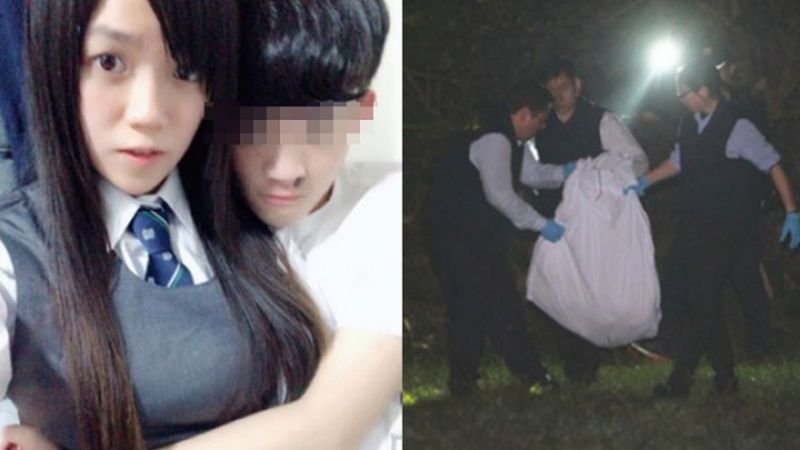Chief Executive Carrie Lam has said that time constraints are being considered in the government’s plan to update its extradition laws.
The proposed law would allow the city to handle extradition requests from jurisdictions where there are no pre-existing agreements – most notably from mainland China and Taiwan. The plan to change laws has sparked concern from the local and international business sector, as people in Hong Kong could potentially be extradited to mainland China over economic crimes. Concerns have also been raised over the compatibility of China’s rule of law and its high conviction rate.

The move was spurred by the case of Poon Hiu-wing, a pregnant 20-year-old Hong Kong woman who was killed during a trip to Taiwan last February. Hong Kong authorities arrested the woman’s boyfriend Chan Tong-kai but were unable to charge him with murder in local courts. He is, instead, being held on theft charges and has yet to go to trial.
‘Public anxiety’
Lam said ahead of the weekly Executive Council meeting that the legal amendments were intended to pursue judicial justice and protect the public: “Because we have a case right in front of us. It has caused a lot of public anxiety, a lot of anger, especially amongst the parents of the deceased. So we need to do this expeditiously in order to have the legal framework and authority to deal with that particular case,” Lam said.
Lam added that there were time constraints: “We have calculated the time – if we cannot find a legally feasible way before July to handle this case, we would have a situation which the family and lawmakers would not welcome,” she said.
The Legislative Council will have its summer break from mid-July. Meanwhile, Chan has not applied to be released on bail over his theft charges.

Taiwan’s Mainland Affairs Council had said it had asked Hong Kong for information and asked the city to extradite Chan to Taiwan, but Hong Kong had thrice failed to respond. Beijing does not recognise Taiwan as an independent country and insists it is a renegade Chinese province.
Lam said the plan had many provisions to protect human rights and procedural justice.
“Will there be changes or refinement when we set the draft law? We will decide after the secretary for security finishes his round of explaining and listening to opinions,” she said.

US meeting
US lawmakers are concerned about the Hong Kong government’s plan to update its extradition laws, pro-democracy legislators said after meeting a US delegation on Monday.
Lam also met the US legislators on Monday, but the government press release did not mention whether they discussed the proposed legal changes.

The pro-Beijing Democratic Alliance for the Betterment and Progress of Hong Kong (DAB), and representatives from the business sector, met with Secretary for Security John Lee on Tuesday to discuss the legal plan. DAB lawmaker Holden Chow said the business sector expressed their concerns, and the government said it will consider them and strike a balance.
Lam is set to answer questions at the legislature on Wednesday.
